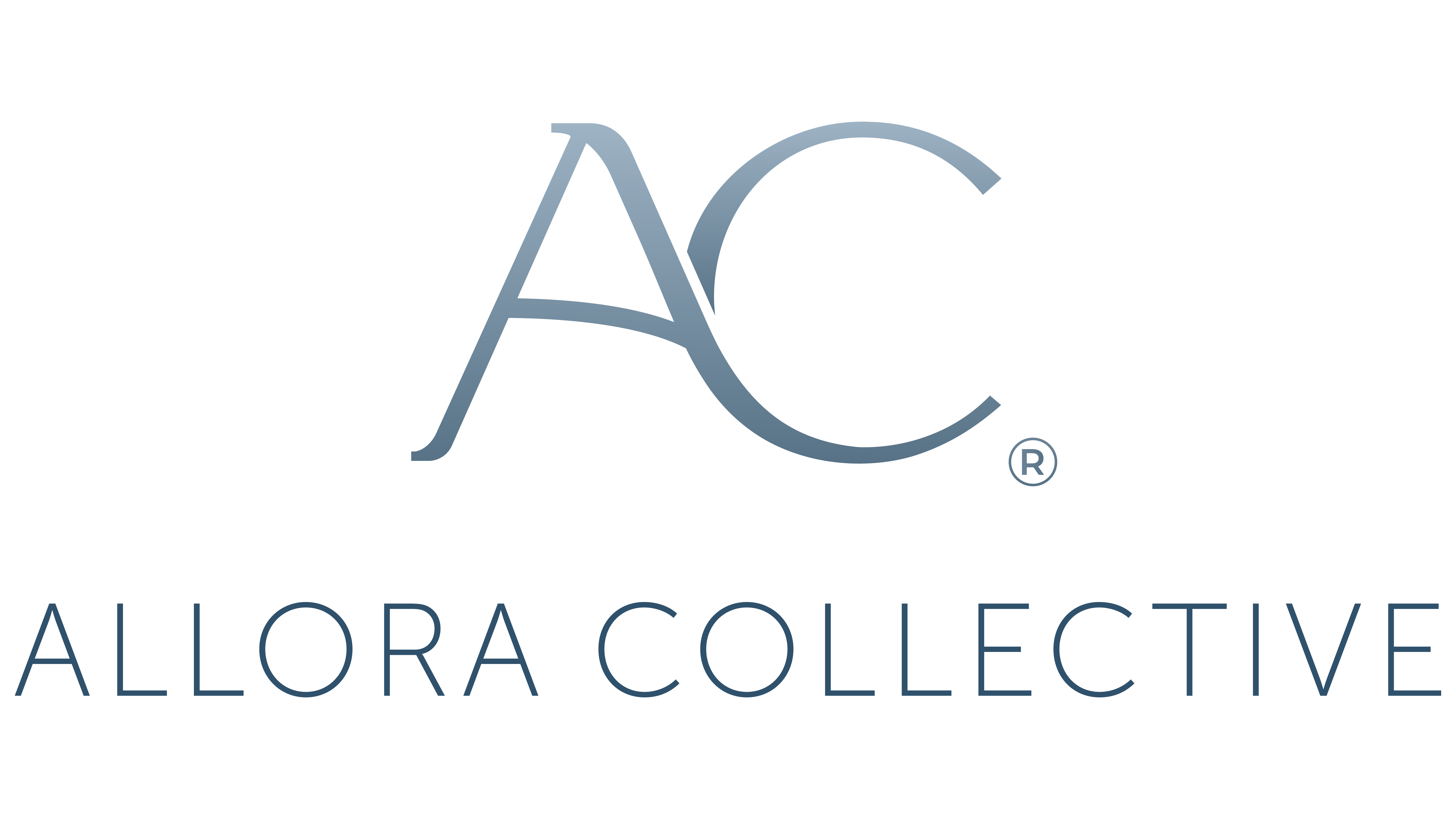
When Should You Have A Summary Section On Your Resume?

There is not one answer that applies to everyone with many career and job search topics and whether to add a summary to your resume or CV is one of them.
The purpose of your resume or CV is to qualify you for the job interview. It is not the entire history of your experience and it is not required to be a specific length (one page, two pages, we’ll talk about that in a separate blog post). A resume is simply enough information about your relevant experience for that job. It convinces the reader to invest 30 minutes of their time to learn more about you and if they should introduce you to the hiring team.
Your resume must showcase examples of your experience including data points of your accomplishments or results that align with the job requirements, and identify your qualifications for the job if you want to be invited to an interview. With that said, a resume can be ideal and yet an interview may not be granted for circumstances that you cannot control, for instance when there are hundreds of applicants and the recruiter may have an offer accepted before your resume is considered. To give yourself the best chance of being considered for an interview you need a referral or an introduction (you’ll find separate posts about how to network effectively and free templates in our blog).
Most people do not need a summary on their resume or CV if their qualifying experience is clearly presented and easily understood. It should be a ‘no-brainer’ within seconds of reviewing a resume that the person is qualified for the role.
However, there are instances where a summary statement can be advantageous, particularly when you are transitioning into a role that highlights a specific area of your expertise that sets you apart from other applicants. The summary should be concise and impactful, stating the expertise that makes you stand out, showcasing transferable skills, leveraging product or industry experience, or highlighting specific accomplishments that you want to emphasize. This can help recruiters and hiring managers quickly consider you a strong candidate and prompt them to look for more in your resume.
Another situation where a summary section can be helpful is for those who have extensive experience aligned with leadership levels (~15 years +). Again, this is not required in all cases but for some, a summary can allow the reader to quickly understand the current goals of the candidate and why at this point in their career they’re pursuing that particular role.
Any summary statement that is vague and describes a person with broad terms such as detail-oriented, hard working, good communicator is a waste of space and not effective. In fact, it may infer inexperience and a lack of communication skills when it is read.
It is important to note that while a summary statement can enhance your resume, it should not replace the details and evidence of your qualifications that are found throughout the rest of your resume. Whether or not to include a summary statement on your resume depends on your specific circumstances and the job you are applying for.
If you are struggling to decide whether or not to include a summary on your resume, book a free session with an Allora coach for some advice. If you’re looking for help creating or updating a summary for your resume, LinkedIn profile, cover letters, or networking messages, book a free session and we’ll help you determine which of our coaching plans is best for you.
Kelly Kugler
Kelly is the Founder of Allora Collective, a career manager with two decades of experience, and a relocation strategist for expats and digital nomads in the US, Europe, and LATAM. After creating talent programs for startups and global companies, including General Assembly, NFL, and Booking.com, she built Allora Collective. She manages the careers of individuals providing one-on-one coaching and partners with companies to customize workshops and coaching packages for their teams.



